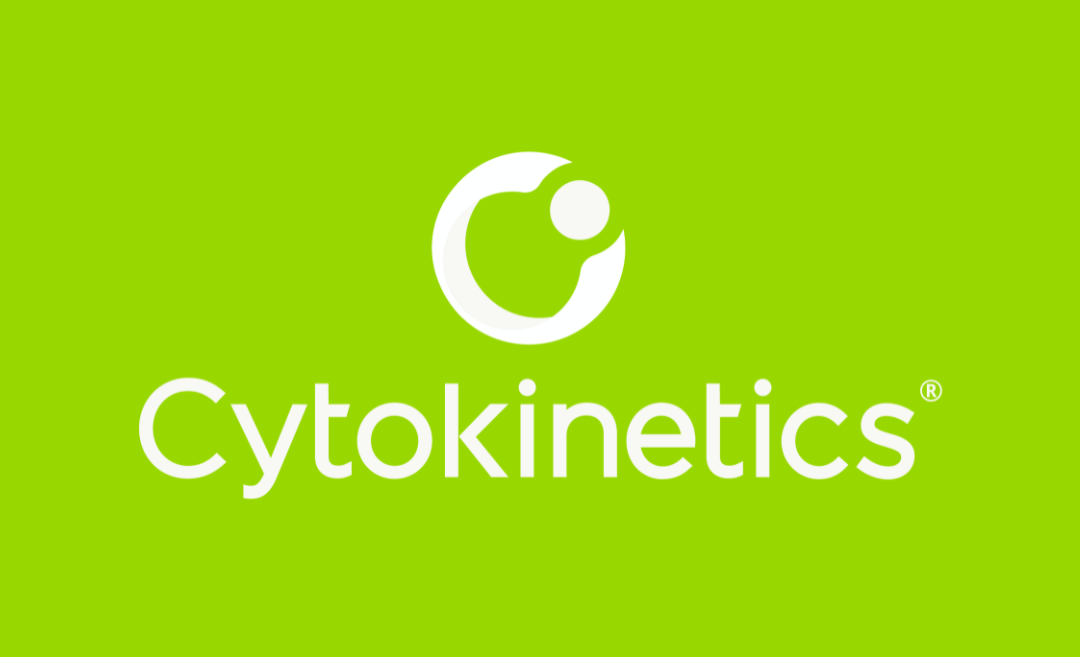The FINEARTS-HF trial already showed that Bayer’s nsMRA finerenone (Kerendia) has the potential to slash mortality and event rates in HFpEF and HFmrEF patients, and new analysis suggests that its impact could be even greater if used earlier.
- Finerenone is a non-steroidal, selective mineralocorticoid receptor antagonist (nsMRA), blocking the mineralocorticoid receptor and its blood pressure effects.
- Finerenone is already approved to reduce cardiovascular and kidney disease risks in patients with type 2 diabetes-associated CKD, but not for HF.
The original FINEARTS-HF trial presented at ESC 2024 saw finerenone drive a 16% reduction in cardiovascular death and HF events over 32 months, while the new analysis suggests that finerenone’s benefits are greatest if started shortly after patients experience a worsening heart failure event.
- Compared to placebo, patients who received finerenone within 7 days of a WHF event saw their risk of future WHF events cut by 26%.
- Patients treated between 7 days and 3 months after a WHF event saw risks of further WHF events lowered by 21%.
- However, patients who were enrolled over 3 months after a WHF event or without prior WHF showed no changes in future WHF event risks.
Patients treated within 7 days of a WHF event also tended to achieve lower systolic blood pressure, lower EF, higher NT-proBNP, and worse NYHA functional class.
- Notably, the study found no increased risk of hyperkalemia or worsening renal function among finerenone users with recent WHF, a big change versus the entire study group which had an increased risk of hyperkalemia.
This looks like more good news for Bayer, which has made huge research investments to establish finerenone’s role across an even wider spectrum of HF patients, and forecasts that finerenone’s revenue could jump from $295M in 2023 to $3.3B in the future.
The Takeaway
Although this dataset wasn’t large enough to confirm a definitive treatment-by-time interaction, it certainly suggests that finerenone might have its greatest impact shortly after patients heart failure begins to worsen. And with a new drug, knowing which patients to target is a good way to start.





